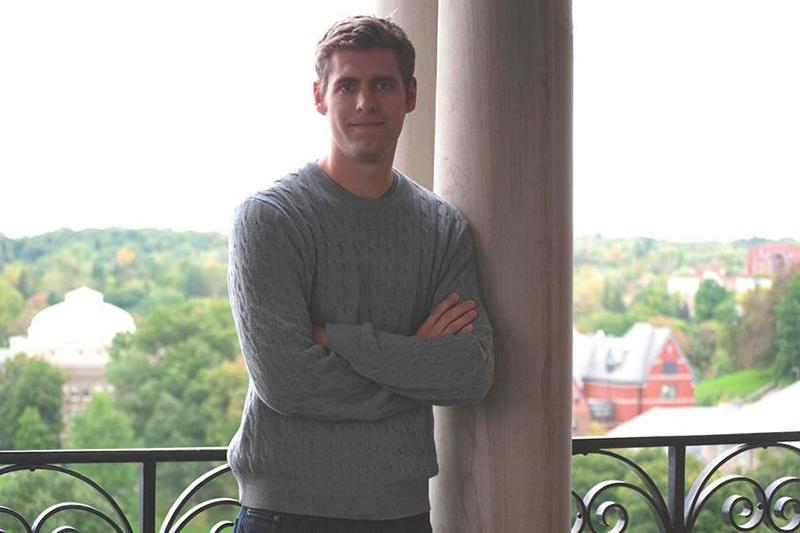
Rideshare Industry Conflict
A research paper on the ride share industry by Michael Maffie Ph.D. ’18 has been named a “best accepted paper” by an international professional organization.

“Multi-Homing and Strategic Re-Entry: Conflict and Behavioral Responses in the Rideshare Industry,” will be highlighted at the Academy of Management’s annual meeting Aug. 4 to 8 in Atlanta.
The top 10 percent of submitted papers earn this designation, according to the academy, comprised of scholars and practitioners dedicated to the advancement of management and administration.
Maffie interviewed 50 drivers for Uber, Lyft, Juno and other services in large and small metropolitan areas across the United States.
He talked with drivers in person, by phone and email, and reviewed online forums and message boards. Some drivers had provided fewer than 50 rides, while others had logged more than 10,500.
“Between litigation, protests and strikes, the rideshare industry is a hotbed of industrial strife,” he wrote.
Maffie wanted to see what triggers conflict and how drivers respond to that conflict in this rapidly growing part of the economy. He cites other research suggesting as many as one in three Americans has worked in an informal work arrangement.
He found that pay cuts and a perceived bias toward passengers by the companies, particularly Uber, were the primary sources of dissatisfaction.
“In the face of conflict, some drivers add additional services (multi-homing) or attempt to reshape the market by steering passengers to their preferred service,” Maffie wrote.
The paper earned praise for its novelty and rigorous research, said Katerina Bezrukova,
chair of the Conflict Management Division at the academy and an associate professor in the Department of Organization and Human Resources at SUNY Buffalo. Maffie’s work was named best paper for the division.
“Chester Spell, professor of management in the School of Business at Rutgers University, who served as associate editor for the Conflict Management Division competition, said, “The study opens up new ground on how conflict in modern workplaces and new working relationships are being handled.”


